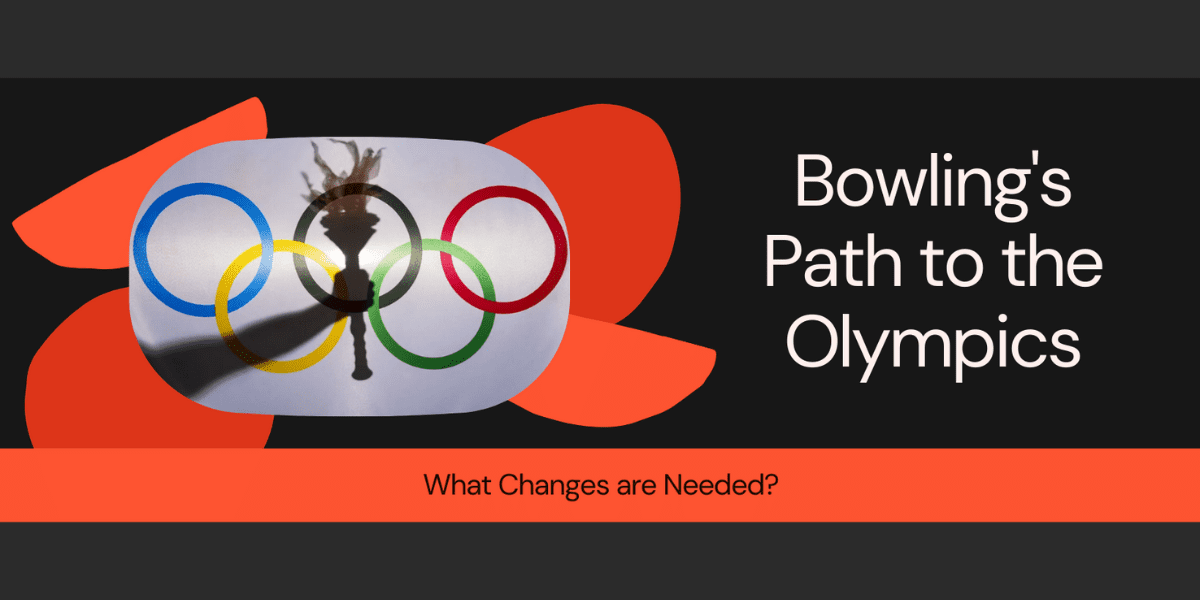Bowling News, Editorials
Bowling’s Path to the Olympics: What Needs to Change

Bowling’s Path to the Olympics: What Needs to Change
Bowling, a popular sport enjoyed by millions worldwide, has yet to secure a permanent spot in the Olympic Games. While the sport has made appearances in various forms at the Olympics, there are several key areas that need to be addressed for bowling to earn a permanent place on the prestigious Olympic stage. Let’s explore what changes could pave the way for bowling to become an Olympic event.
1. Standardization of Rules and Formats
One crucial aspect that needs attention is the standardization of rules and competition formats across different bowling organizations. To be considered for the Olympics, bowling should have consistent rules, scoring systems, and competition structures to ensure fairness and uniformity in international competitions.
2. Increased Global Participation and Representation
For bowling to be recognized as an Olympic sport, there needs to be broader global participation and representation. Encouraging more countries to develop competitive bowling programs and supporting athletes from diverse backgrounds can help showcase the sport’s worldwide appeal and competitiveness.
3. Anti-Doping Measures and Governance
Adopting robust anti-doping measures and ensuring good governance within the sport are essential criteria for Olympic inclusion. Bowling organizations must demonstrate a commitment to clean competition and adhere to the highest standards of integrity and transparency to align with the Olympic values.
4. Promotion of Gender Equality
Promoting gender equality in bowling is another crucial factor for Olympic consideration. Ensuring equal opportunities for male and female athletes, establishing mixed-gender events, and advocating for diversity and inclusion can strengthen bowling’s case for inclusion in the Olympic program.
5. International Recognition and Support
Securing recognition from the International Olympic Committee (IOC) and garnering support from national Olympic committees are pivotal steps towards Olympic inclusion. Bowling organizations must work towards fulfilling the IOC’s criteria and building relationships with key stakeholders to advance the sport’s Olympic aspirations.
6. Showcasing Innovation and Appeal
Bowling should continue to innovate and evolve to capture the interest of a global audience and align with the modern Olympic landscape. Introducing new formats, embracing technological advancements, and enhancing the spectator experience can enhance bowling’s appeal and relevance on the Olympic stage.
In conclusion, the journey towards making bowling an Olympic sport requires concerted efforts from stakeholders within the bowling community. By addressing areas such as standardization, global participation, governance, gender equality, recognition, and innovation, bowling can position itself as a compelling candidate for inclusion in future Olympic Games.















































































